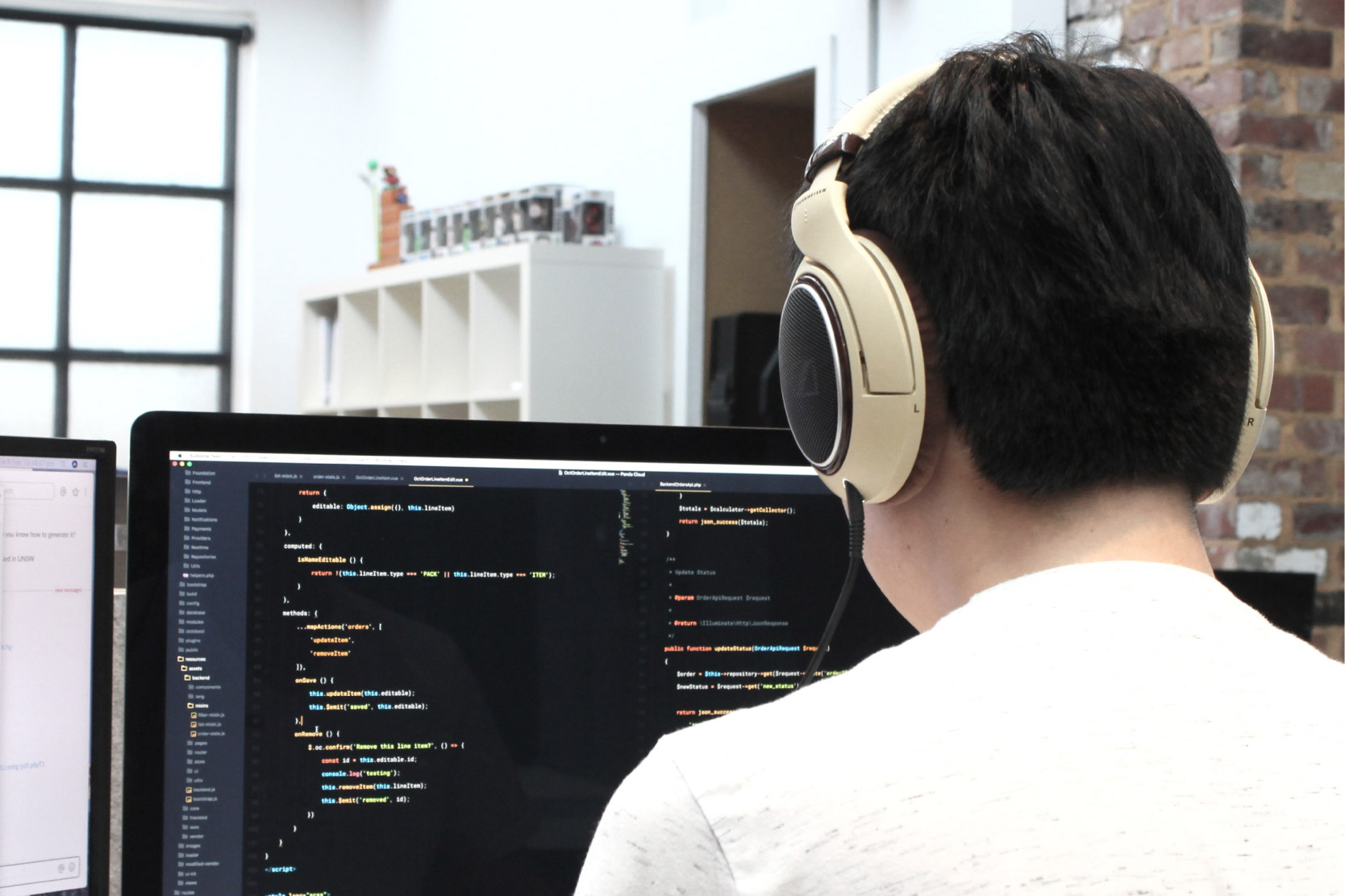We spoke to Job van der Voort, CEO and co-founder of Remote on creating a global remote workforce.
We sat down to speak to Job van der Voort, CEO and co-founder of Remote. Remote is the global platform facilitating international payroll, benefits, taxes, and businesses' compliance. Remote has been paving the way for remote teams worldwide, enabling hiring top talent without borders. We spoke about community, the new remote world and inspirations for starting the venture.
Remote was founded in 2019 by Job van der Voort and Marcelo Lebre to simplify how companies employ global talent. They don't have any offices and believe people do their best work when they have freedom. Last year Remote closed a $35M fundraise to facilitate their vision.

So could you tell us a bit more about Remote?
"I founded the company two years ago, January 2019, with Marcelo. I found it specifically to solve the problem I saw when hiring someone in a different country. We had to figure out how to pay them and provide the benefits and stay compliant. It turned out to be incredibly complicated. And if you don't do it yourself, it's expensive. If you do it yourself, it's still costly and complex. So I wanted to solve that problem by eventually creating a world in which everybody independent of your location could work from anywhere."
At Gravity, we are all about connections and creating a global network. Could you tell us about a significant relationship or friendship that you've had in your life that has helped you become the CEO and founder you are today?
"My wife - without her, it wouldn't be possible."

And at what point did you know you wanted to be an entrepreneur?
"I never aspired to be an entrepreneur, and I don't think it's something you should aspire to do because it's kind of a shitty job. But I don't like having a boss. So it helps if you run your own business. So I got into a PhD programme in neuroscience, and I started to realise before the programme began that it would take me four years, at least, probably more, to get a PhD. And then I would do a postdoc somewhere. It seemed like a lot of time to get to a point where I don't have much independence. So all of this was what made me set my path to becoming an entrepreneur."
How did you decide to make Remote your full-time job?
"I'm not the kind of person that overthinks; I just do. I'm confident in my ability. I don't come from rich parents, and I've never had much money, but I've never had to worry about that either. I was always confident that I could get a job. The worst-case scenario happened with another company I started, and it ran out of money within a few months, then I had to find a job programming somewhere. So I just work hard to do what I want to do."

How did you go about creating a community to make Remote happen?
"I have a really good co-founder. And that's a good start. And, you know, once you start working on these things, there's always a few people that you know, that might want to join you at that particular stage. So we reached out to some friends that we knew might be interested in joining us the most; some joined earlier when the risk was higher, and some of them only joined later. But that's how we started from then on via interviews hiring a global team around the world. Our company values are kindness, ownership, excellence, transparency, and ambition. And we look for people that are fundamentally clients, for people that are intelligent and great communicators. So if you have those things, and you're a little bit ambitious, you could do anything."
What have been some of your key learnings as an entrepreneur so far?
"I've learned that if you want to understand something, you have to spend time with it. So you can't start a business and not get deep into it. If you don't understand the matter or how products are made, it won't be easy. If you don't know what you're talking about and don't enjoy your subject, you cannot build excellent products.
Another one is I think there are many misconceptions about great products and the audience of those great products. Any product you build will be for humans, and humans need simple, beautiful tools, independent of the audience."
At Gravity, we have a lot of software engineers living with us with start-up mentalities. Do you think your background as a programmer has helped you to become an entrepreneur?
"Yeah, a little bit, because you understand what is necessary. But in many ways, I didn't know what was required to build the crazy shit we've created today. I think it helps if you're a programmer or just an artist, right? If you have an idea, you can execute it yourself -it's valuable. A programmer can create something from nothing. You know that with some efforts, you can build a software project. You can build an entire business on that. And if you do it well, you can make a lot of money. "

How do you think remote work will affect global mobility trends and people moving from country to country?
"The optimistic side of me says that you'll see far greater mobility. And I think to a degree, this is true, especially within the EU, or countries where free traffic of labour and people is allowed. But at the same time, the opposite, which is if you move to a country, you still need to work permits, you need a visa or green card or wherever else. And that's very restrictive."
How do you expect that learning happens vicariously, especially for more junior staff members? Is remote work more for senior hires?
"I think it's for everybody. I don't believe remote organisations are biased towards hiring more senior talent. I think it has more to do with the fact that they're uncomfortable or don't know yet how to train people."

I know that you have kind of a separate desk for playing games and building Lego. How important do you think it is to have these spaces to disconnect?
"I think it's essential to separate your workspace if possible, but I think the reality is that not everybody has that kind of space. Right? Not everybody can afford a large place that allows you to have a separate office."
What do you think are the core trends and focuses for HR managers?
"I think there's a few. Are we working remotely? How are we working remotely? Are we doing full remote, or are we still keeping an office or multiple offices and other expectations around that? Another is how do we deal with compensation? If you can hire anybody from anywhere? What are the decisions that we make that we have to make? Do we pay the same amount for the same people in the same job independent labour today? Does it vary based on location? And then around mobility? Like what is our policy around that, especially if you pay differently, what is our responsibility?
The reality is if you travel from one country to another, and the laws change very much, that might impact employers in hundreds of different ways."
What does community mean to you?
I think the nice thing about a community rather than an audience is that the community interacts with itself, within itself - it's a value-add."
Are you an entrepreneur looking for a community, workspace and flexible accommodation in London? See our entrepreneur housing.

